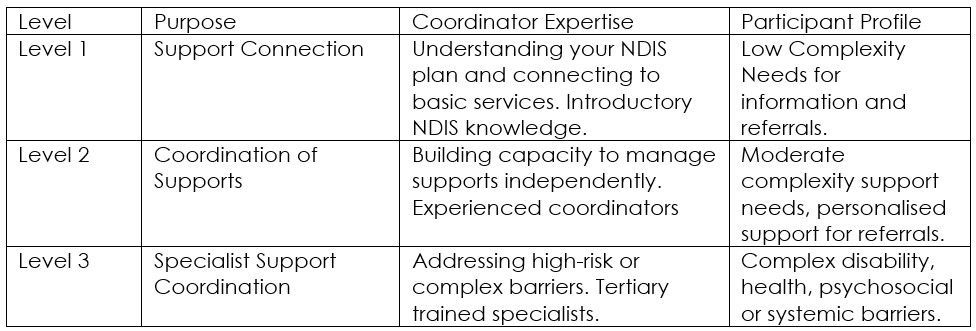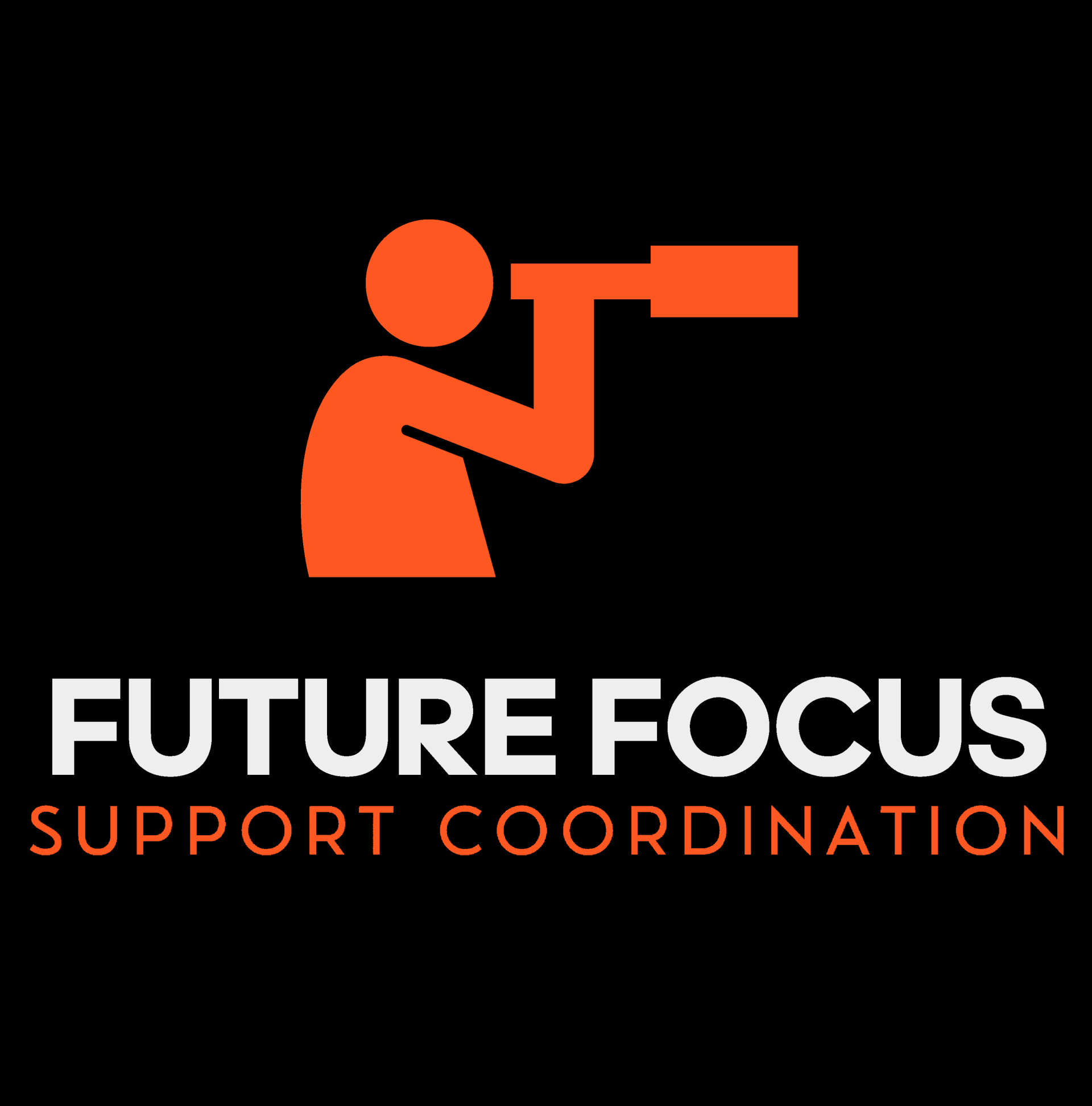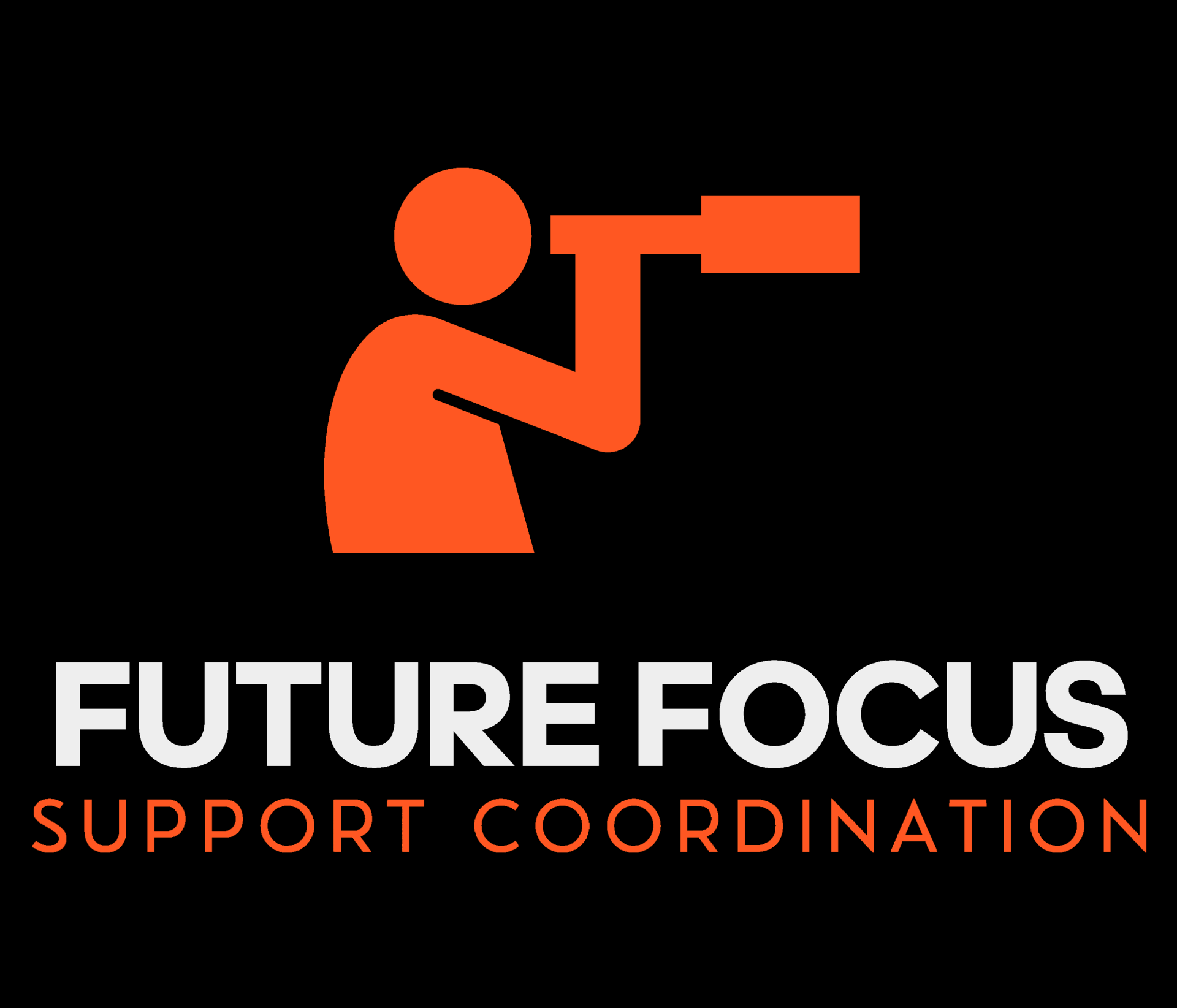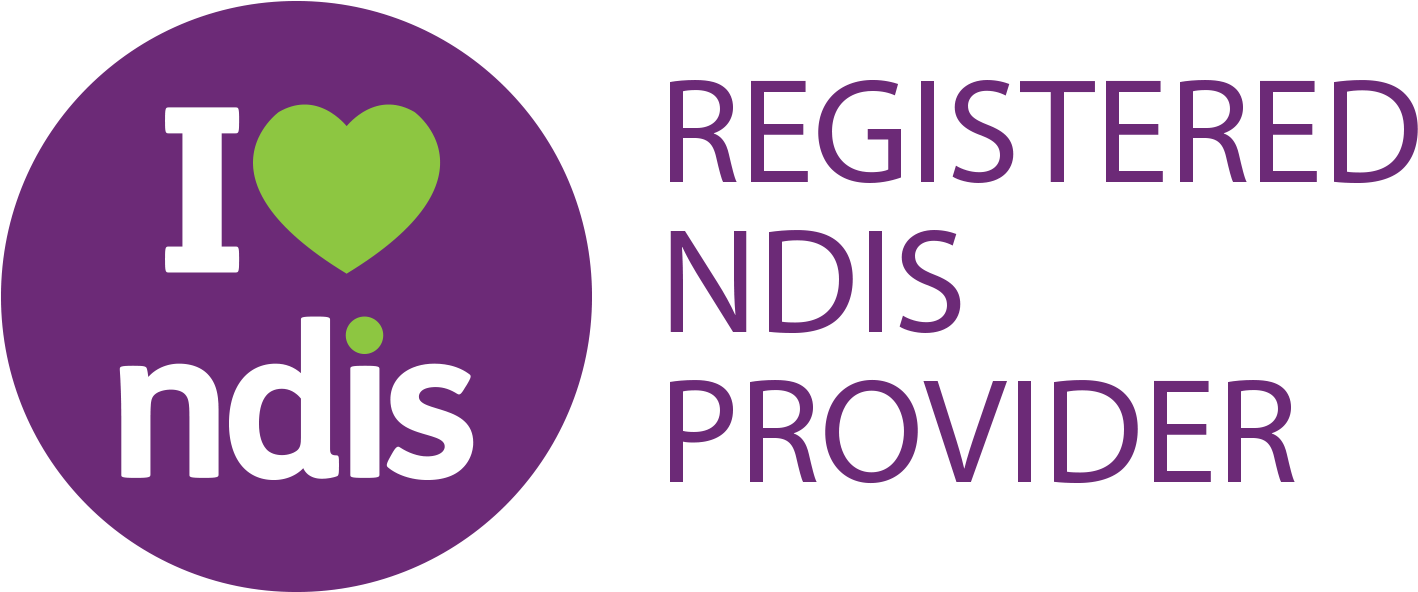What is Specialist Support Coordination and Who is it for?

Future Focus Support Coordination provides Specialist Support Coordination (SSC) for NDIS participants with the most complex support needs. Our clinically governed approach ensures that every participant receives expert guidance, evidence-based practice, and a coordinated network of services to achieve stability, safety, and long-term outcomes.
What Is Specialist Support Coordination?
The role of a specialist Support Coordinator is that of a high-intensity support designed for NDIS participants facing multiple, complex, or high-risk barriers to implementing their plans.
Unlike general Support Coordination, SSC requires specialist practice knowledge usually demonstrated in qualified practitioners such as social workers, psychologists, community service professionals, or nurses who can navigate complex systems, manage crises, and stabilise risk environments.
The Key principle: An SSC integrates specialist disability knowledge with the understanding of wider Australian service systems, ensuring that each participant’s care is coordinated, safe, and sustainable.
Who Is Eligible for Specialist Support Coordination?
There are no rigid eligibility criteria under the NDIS that automatically determine access to Specialist Support Coordination (SSC). Instead, the NDIA considers the complexity of a participant’s circumstances and whether these require a higher level of professional intervention and coordination.
A participant may be considered for, or require, Specialist Support Coordination if they are experiencing complex needs or challenges such as one or more of the following:
- A period of heightened intensity or instability, where timely, expert intervention is required to address critical areas of risk.
- A significant transition, such as discharge from hospital or a residential facility back into the community, requiring structured and coordinated re-engagement with supports.
- Multiple or co-occurring disabilities or health conditions that increase vulnerability and require frequent clinical or medical input.
- Co-existing vulnerabilities, such as housing instability, justice system involvement, or contact with child protection services.
- Crisis situations or complex behavioural and psychosocial challenges that demand coordinated, multidisciplinary management.
- Limited informal or natural supports, resulting in a higher risk of service breakdown or disengagement from essential supports.
In essence, Specialist Support Coordination is designed for participants whose situations are high-risk, complex, or unstable, where expert coordination is essential to achieve safety, stability, and progress toward NDIS goals.
Levels of Support Coordination Explained
Future Focus delivers two levels of Coordination, and psychosocial recovery coaching, but is nationally recognised for its clinical expertise in Level 3 SSC.

How Specialist Support Coordination Differs from Level 2 Coordination of Supports
While both Level 2 Coordination of Supports (COS) and Level 3 Specialist Support Coordination (SSC) aim to help participants make the most of their NDIS plans, they differ significantly in scope, complexity, and clinical responsibility.
Level 2 Coordination of Supports focuses on helping participants understand their plan, connect with suitable providers, and gradually build the capacity to manage their supports independently. Coordinators at this level typically work with participants who have stable environments, predictable support needs, and limited systemic risk.
Specialist Support Coordination, however, is a strategic function delivered to participants whose circumstances involve multiple service systems, critical risks, or high-intensity barriers to participation. SSC requires a practitioner with advanced qualifications and experience in complex case management, crisis intervention, and multidisciplinary collaboration.
Key distinctions include:
Depth of analysis and planning: SSC involves comprehensive assessment of risk, health, housing, psychosocial, and behavioural factors, forming an integrated plan that addresses the interplay between them.
Clinical governance: SSC operates under formal supervision and governance structures to ensure accountability, safeguarding, and evidence-based practice.
System navigation and advocacy: SSC practitioners coordinate across multiple agencies—health, justice, housing, and mental health—resolving barriers that Level 2 coordinators are not equipped to manage.
Crisis response and recovery: SSC prioritises stabilisation, safety, and continuity of care during periods of acute risk or transition.
Team leadership: SSCs frequently chair multidisciplinary meetings, align providers around common goals, and ensure each professional remains accountable for their role in achieving outcomes.
In essence, Level 2 Coordination of Supports builds capacity, while Specialist Support Coordination restores stability. Where Level 2 coordination is proactive and developmental, SSC is intensive, clinically informed, and solution-oriented, ensuring that participants with the highest complexity are not left to navigate fragmented systems alone.
Future Focus’s Clinically Governed Approach
Future Focus operates under the Disability Intermediaries Australia (DIA) Professional Standards of Practice and the NDIS Code of Conduct, embedding the following principles in every case:
- Clinical Governance & Supervision
Each SSC practitioner operates within a structured framework that includes regular supervision, incident management, and continuous professional development. - Trauma-Informed, Person-Centred Care
Our coordinators approach each case with empathy, respect, and empowerment—honouring the participant’s right to choice and dignity of risk. - Multi-System Collaboration
We liaise across health, housing, mental health, justice, and community services to reduce duplication, resolve barriers, and ensure safety. - Capacity Building.
SSC aims not just to stabilise, but to build participant resilience—equipping people to make informed choices and maintain independence long-term.
What to Expect When You Engage a Specialist Support Coordinator
At Future Focus Support Coordination, our Specialist Support Coordinators are qualified professionals with tertiary or diploma-level credentials across a range of relevant disciplines — reflecting the diverse expertise required to support complex NDIS participants.
Each SSC may hold qualifications in:
- Social Work
- Psychology or Mental Health Practice
- Community Services or Human Services
- Disability or Developmental Education
- Nursing
- Allied Health or Behavioural Science
These fields equip our coordinators with the clinical insight regarding disabilities and mental health, ethical foundations, and systemic knowledge necessary to work effectively with high-risk and high-complexity participants.
Every Future Focus Support Coordinator operates under a rigorous framework of clinical governance and continuous improvement. Each practitioner receives structured clinical supervision through Future Focus’s national governance framework, ensuring that their practice remains accountable, ethical, and aligned with current best-practice standards. Practitioners also engage in ongoing professional development that exceeds the quality benchmarks set by the NDIS, strengthening their knowledge in areas such as trauma-informed care, complex case management, and multidisciplinary collaboration.
Through reflective practice and evidence-based decision-making, our coordinators continually refine their skills and uphold the organisation’s commitment to excellence. Working collaboratively across disciplines, they deliver consistent quality and safeguarding for participants across Victoria, Perth, and Hervey Bay, ensuring that every person we support benefits from a coordinated and clinically informed approach.
What Outcomes does Specialist Support Coordination Achieve?
When delivered under a clinically governed and evidence-informed model, Specialist Support Coordination (SSC) produces measurable and lasting improvements across health, housing, and overall wellbeing.
Effective SSC reduces the frequency of hospital admissions and crisis interventions by ensuring participants receive the right support at the right time, with clear lines of communication between providers. Participants experience improved stability, as complex systems such as health, housing, justice, and mental health services begin to work in alignment rather than isolation.
For many individuals, this translates into greater housing security, reduced risk of homelessness, and stronger engagement with community and therapeutic supports. Over time, participants develop the skills and confidence to advocate for their own needs, exercise choice and control, and participate more fully in everyday life.
Through strategic coordination and ongoing clinical oversight, SSC also promotes the efficient and responsible use of NDIS funding—ensuring that resources are directed where they have the greatest impact and that the participant’s plan remains both sustainable and outcomes-focused. In essence, Specialist Support Coordination not only stabilises immediate risks but builds the foundations for long-term independence, empowerment, and social inclusion.
Why Choose Future Focus Support Coordination
Future Focus is one of Australia’s largest independent, single-service Support Coordination providers, known for its unwavering commitment to integrity, clinical excellence, and participant-centred outcomes. As an organisation that delivers Support Coordination exclusively, Future Focus operates without conflict of interest — we do not provide direct care or other services. This independence allows our practitioners to advocate solely in the best interests of participants, ensuring objectivity, transparency, and trust in every interaction.
Our model of practice is grounded in clinical leadership and evidence-based governance, meaning every decision is informed by professional expertise, quality oversight, and continuous improvement. With a strong presence across Victoria, Perth, and Hervey Bay, Future Focus combines national standards with local knowledge, ensuring that participants in both metropolitan and regional areas receive equally high levels of service and support.
We pride ourselves on our transparency and accountability, maintaining open communication with participants, providers, and stakeholders, and consistently measuring our outcomes against the highest benchmarks of professional practice.
At its heart, Future Focus Support Coordination represents a unique balance of compassion and clinical precision—delivering care that is informed, ethical, and truly participant-centred.
How to Access Specialist Support Coordination
You’ll need Specialist Support Coordination funding (Level 3) listed in your NDIS plan.
If it’s not currently included, you can:
- Discuss your situation with your NDIS planner or Local Area Coordinator.
- Provide documentation from health or support professionals describing your complexity.
- Contact Future Focus for assistance preparing evidence for your plan review.
- We’ll guide you through the process, ensuring your needs are clearly communicated and supported.
You are welcome to make contact with Future Focus Support Coordination to discuss your coordination needs. At Future Focus Support Coordination we prize clinical excellence, ethical practice, and unwavering commitment to the people we support.





